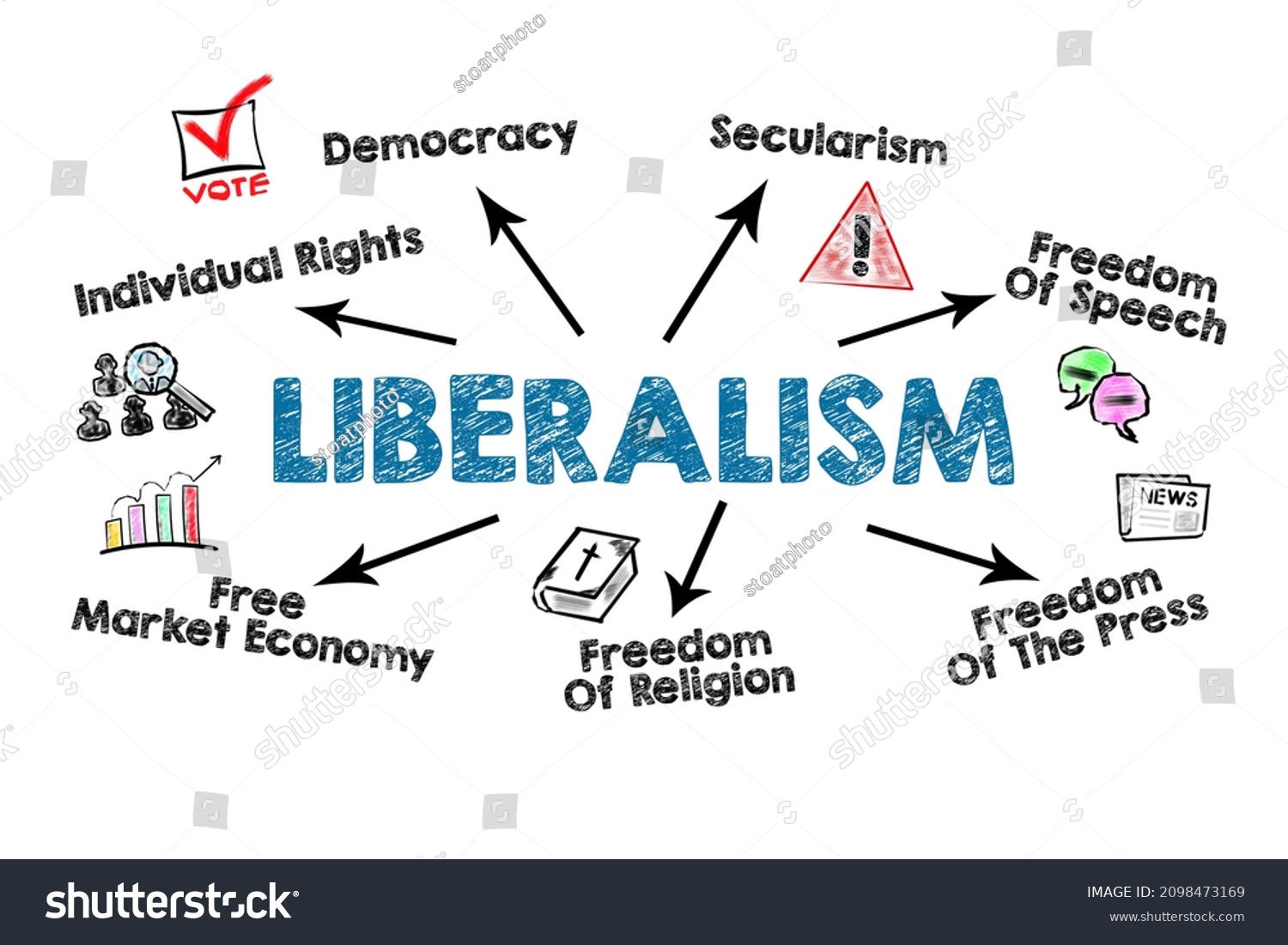
- July 10, 2024
- Miscellaneous
What the world can learn from Indian liberalism
Liberalism, it’s often said, is in crisis. Virtually everyone across the political spectrum agrees on that to some degree.
But nobody agrees on what the nature of that crisis is — or, sometimes, even on the basic question of what liberalism is. With such basic disagreements standing in the way, conversations about liberalism often feel like dead ends.
This week, I’m attending a conference that tries to answer these very big questions. “Liberalism in the 21st Century,” hosted by the Institute for the Study of Modern Authoritarianism, is bringing liberals from around the world together to try and interrogate their own ideas — and figure out what can be done to rescue them from crisis.
To kick off the discussion, I sat down with another attendee, the Indian political theorist Pratap Bhanu Mehta. One of his country’s leading public intellectuals, Mehta has been a leading voice in articulating what liberalism means in a distinctively Indian context.
In his telling, liberalism isn’t merely a set of specific ideas: it arises from a basic human impulse, one of hating to be dominated by others. Mehta argues that in India, the abhorrence of domination forms the core of a distinctive liberal tradition — one shaped less by Europe’s war of religion than India’s own tradition of caste oppression.
What follows is a transcript of our conversation on these themes (and others), edited for length and clarity.










